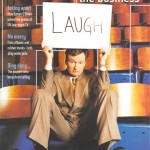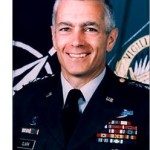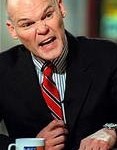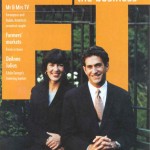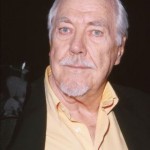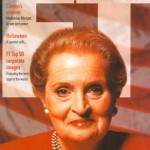It’s show time
Conan O’Brien has no regrets that the longest election in US history is over. True, Campaign 2000 and the 36 agonising days that followed were a gift from heaven for late-night TV hosts. They were courted by both Al Gore and George W. Bush, who made “nice-guy” appearances aimed at winning young voters (keener viewers of late comedy shows than the prime-time evening news). At the same time they had a ball firing jokes at the candidates.
But now, with a new president in office, “it gets even better”, says O’Brien, beaming at the thought of the mocking monologues probably being born in the writing room of his show, “Late Night with Conan O’Brien”, as we speak.
“Presidents get funnier all the time,” he says. “Nixon was a lot of fun for comedians — a good target. But Clinton may be the funniest. The bonus when you are finally president is that you don’t have to come on these dreadful shows any more”…

